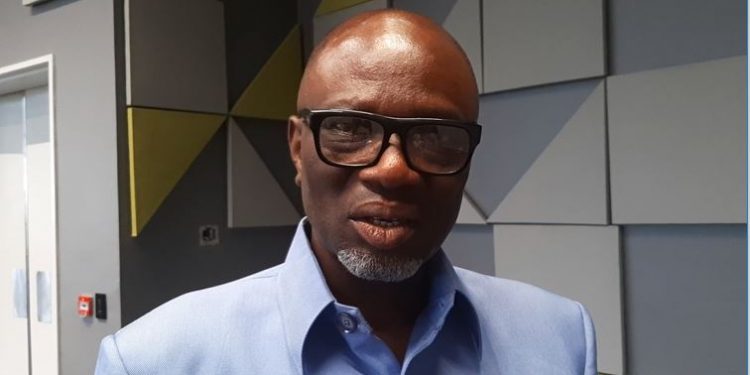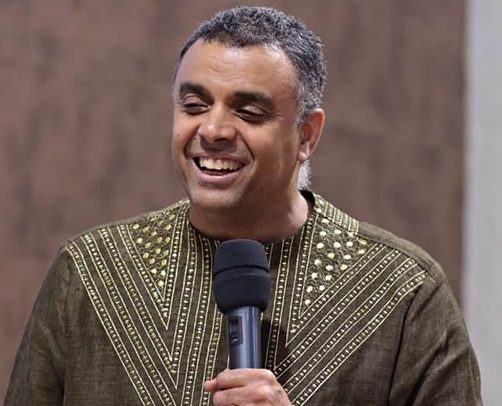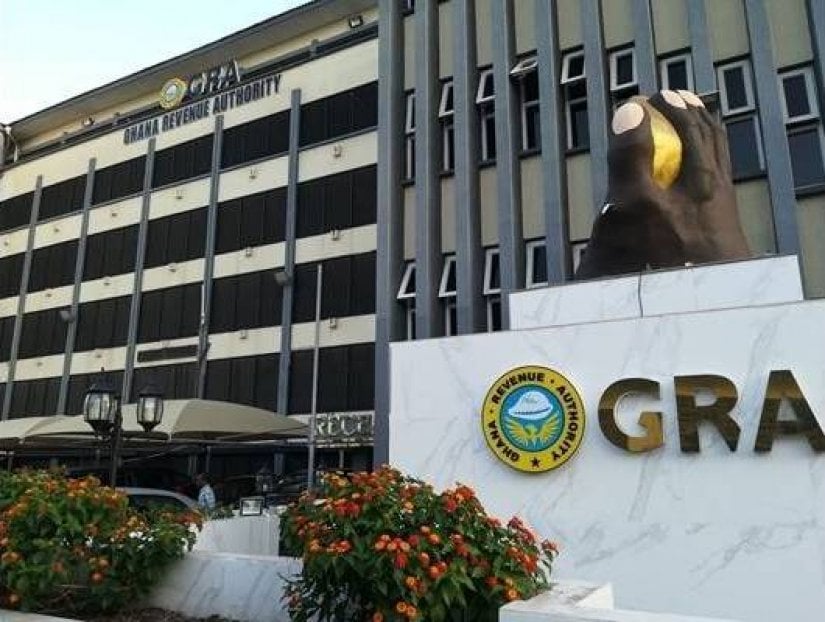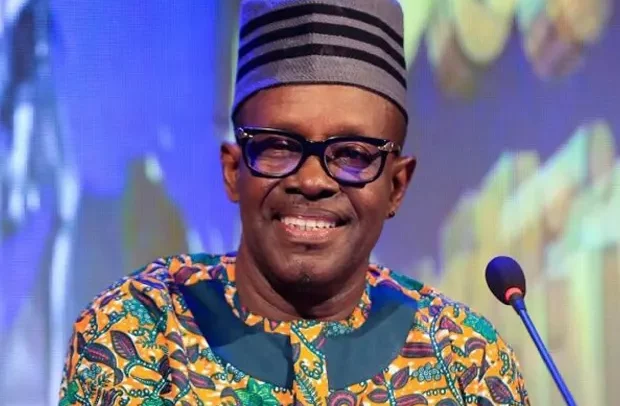
Introduction
The Bank of Ghana’s announcement of selling gold coins through accredited institutions was received with great enthusiasm by the Ghanaian populace. The move was marketed as a bold step toward democratizing access to gold as an asset class and enabling ordinary Ghanaians to invest in a store of value. However, months have passed since the initial statement, and the promised gold coins remain conspicuously absent from the public domain. The scarcity of these coins, coupled with allegations of perceived hoarding by political elites, raises pressing concerns about transparency, accountability, and the ethical management of public resources.
The Bank of Ghana’s Promises and Public Expectation
The Bank of Ghana’s initiative to issue gold coins was presented as an inclusive economic opportunity. Gold, historically regarded as a safe-haven asset, has long been inaccessible to ordinary citizens due to high entry costs. By selling gold coins through accredited institutions, the central bank ostensibly sought to bridge this gap, offering Ghanaians a chance to invest in a tangible and enduring store of value.
The announcement was met with widespread optimism, as many believed it would empower individuals to protect their savings against inflation and currency devaluation. However, the enthusiasm has since turned into disillusionment, as the coins remain elusive, raising suspicions about the program’s true intent.
Allegations of Hoarding and Elitism
The ordinary Ghanaian is tempted to believe and alleging that top political elites have hoarded these gold coins. These individuals, often shielded from public scrutiny, are accused of purchasing large quantities of the coins as a covert means of safeguarding ill-gotten wealth. If true, this practice not only undermines the program’s stated goal of financial inclusion but also deepens the economic inequality that plagues Ghana.
The perception of political elites exploiting national resources for personal gain is not new. However, the gold coin debacle represents a particularly egregious example. By monopolizing access to a public good, these individuals are effectively denying ordinary Ghanaians the opportunity to benefit from an initiative that was supposedly designed for their welfare.
Lack of Transparency from the Bank of Ghana
The Bank of Ghana has a fiduciary responsibility to ensure transparency and accountability in its operations. Yet, the institution’s silence on the whereabouts of the gold coins is deafening. Key questions remain unanswered:
- How many gold coins were minted and distributed?
- Which institutions were accredited to sell these coins?
- What mechanisms were put in place to ensure equitable access?
- Why has there been no public disclosure of the program’s progress?
The lack of clear communication undermines public trust and fuels speculation about corruption and mismanagement. A transparent audit of the program is urgently needed to address these concerns.
Economic Implications of Artificial Scarcity
The alleged hoarding of gold coins by political elites has far-reaching economic implications. By creating an artificial scarcity, these individuals could manipulate the market, driving up prices and profiting from the subsequent surge in demand. Such practices not only distort the economy but also erode the public’s faith in financial institutions and government policies.
Moreover, the exclusion of ordinary Ghanaians from the gold market perpetuates systemic inequalities. At a time when the country is grappling with economic challenges, the denial of access to a potentially stabilizing asset is a disservice to the population.
Conclusion and Call to Action
The Bank of Ghana and political leaders must be held accountable for the gold coin debacle. The central bank’s failure to deliver on its promises and the alleged involvement of political elites in hoarding these coins are unacceptable. As custodians of the nation’s wealth, they have a moral and legal obligation to act in the public’s best interest.
We call on civil society organizations, media outlets, and ordinary Ghanaians to demand a full investigation into this matter. Transparency, equity, and accountability must be prioritized to restore public trust and ensure that the country’s resources are managed responsibly.
The missing gold coins are more than just a financial issue; they are a symbol of the broader challenges facing Ghana’s governance and economic management. It is time for the Bank of Ghana and political leaders to answer for their actions and fulfil their promises to the people.
Proposed Actions for Immediate Accountability
- Independent Audit: Conduct an independent audit to track the distribution and current location of the gold coins.
- Public Disclosure: The Bank of Ghana must release a detailed report on the gold coin program, including the number of coins minted and sold, and their intended distribution channels.
- Regulatory Oversight: Strengthen regulatory mechanisms to prevent future instances of resource hoarding and ensure equitable access to public programs.
- Legal Consequences: Hold individuals and institutions accountable for any proven misconduct, including hoarding or market manipulation.
The gold coin initiative was a promising idea that could have benefited the entire nation. Its failure is a stark reminder of the need for integrity, transparency, and accountability in public office. Ghanaians deserve better, and it is time for their voices to be heard.
By Roger T.D Wills, Economist and Financial Analyst
The post Where are the gold coins? A call for accountability from the Bank of Ghana and political leaders first appeared on 3News.
Read Full Story












Facebook
Twitter
Pinterest
Instagram
Google+
YouTube
LinkedIn
RSS